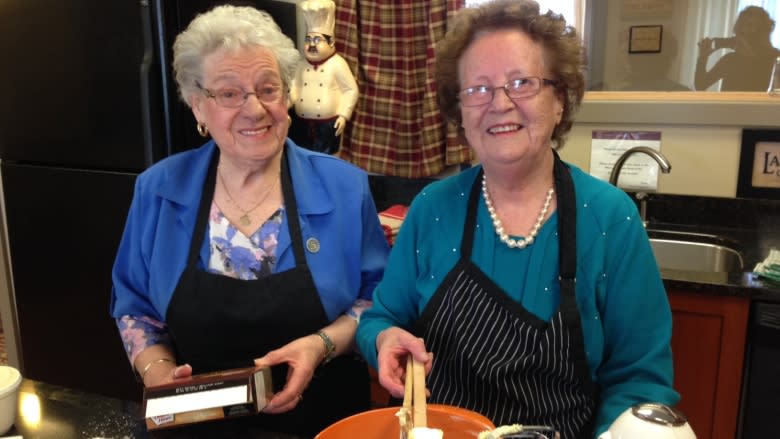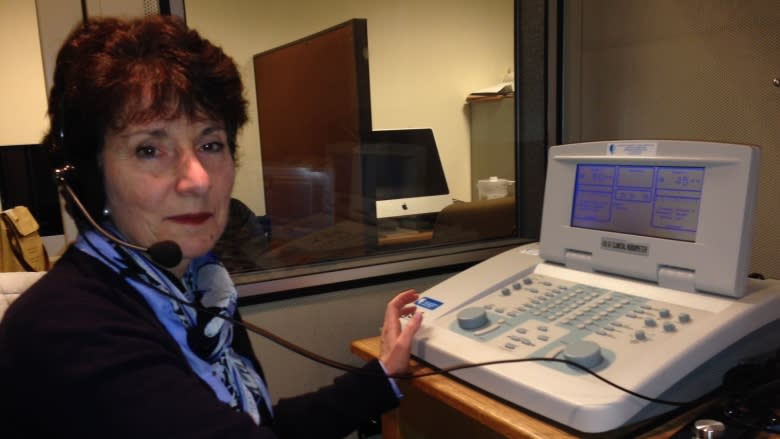For a better memory, find a quiet place to listen
If you want to protect your memory, you'd be advised to protect your hearing. That's one of the findings of a recent experiment that's changing the way health professionals counsel older patients.
Memorial University's Cognitive, Aging and Memory Lab studied 133 young and older adults on the effects of difficult listening situations on learning and memory.
Participants were asked to listen to and remember a series of medical instructions. While some instructions were delivered with a lot of background noise, others were delivered using very fast speech. Listeners also heard one set of instructions with clear, concise speech in a quiet environment.
"Of all the groups, when the listening was degraded — meaning it was fast and noisy — they performed worse in their learning and memory of those medical instructions," said Roberta DiDonato, one of the researchers
When it comes to listening and cognition, it seems there is only so much mental energy to go around.
"If it's a noisy environment, we have to really focus hard and attend to the speaker and try to ignore any of the background. We have to try and make sense of what is being said, so that creates more mental effort," DiDonato explained.
"If we're having to decode and decipher, with a lot of mental effort, we don't have the mental energy we need to put it in the memory store."
DiDonato said it's an exciting finding, because if listening is made easy, memory performance improves.
Not a surprise
That's not a shocking finding for senior citizen Jenny Pye.
"When you hear it clearly, you will always remember it, but when you're struggling to hear, you're kind of worn out trying to hear it and it turns you off," said Pye.
Pye lives at Tiffany Village Retirement Home in St. John's. Cecelia Tracey lives there too. The women in their '80s have struggled with their hearing for the past 25 years. Tracey agrees that retaining information is easier when the message is clear and concise.
"If you have something to say and it's important enough to say it, I think we should try to speak distinctly," she said.
The funding for the study at Memorial University came from the N.L. Centre of Applied Health Research and Health Aging Research.
DiDonato said health professionals such as nurses, doctors and pharmacists are now being educated about the benefits of louder, clearer speech, in quiet environments, when counselling older patients.
"It will increase a person's ability to process that information and recall it as they need it," said DiDonato.
And the benefits aren't just for the elderly.
"For learning purposes, absolutely, we see strong associations … those being schooled in easier listening situations do perform better," said DiDonato.
Pye thinks the study might motivate young people to protect their hearing if they knew it could allow them to hear and remember more easily later in life. Pye said she wishes she had done more to protect her ears over the years.
"I would say, try to stay away from all this loud music and get a hearing checkup as soon as possible. I have hearing aids and I can't hear without them, and you have to live with it.
"It could be worse. I could be blind," Pye said.



